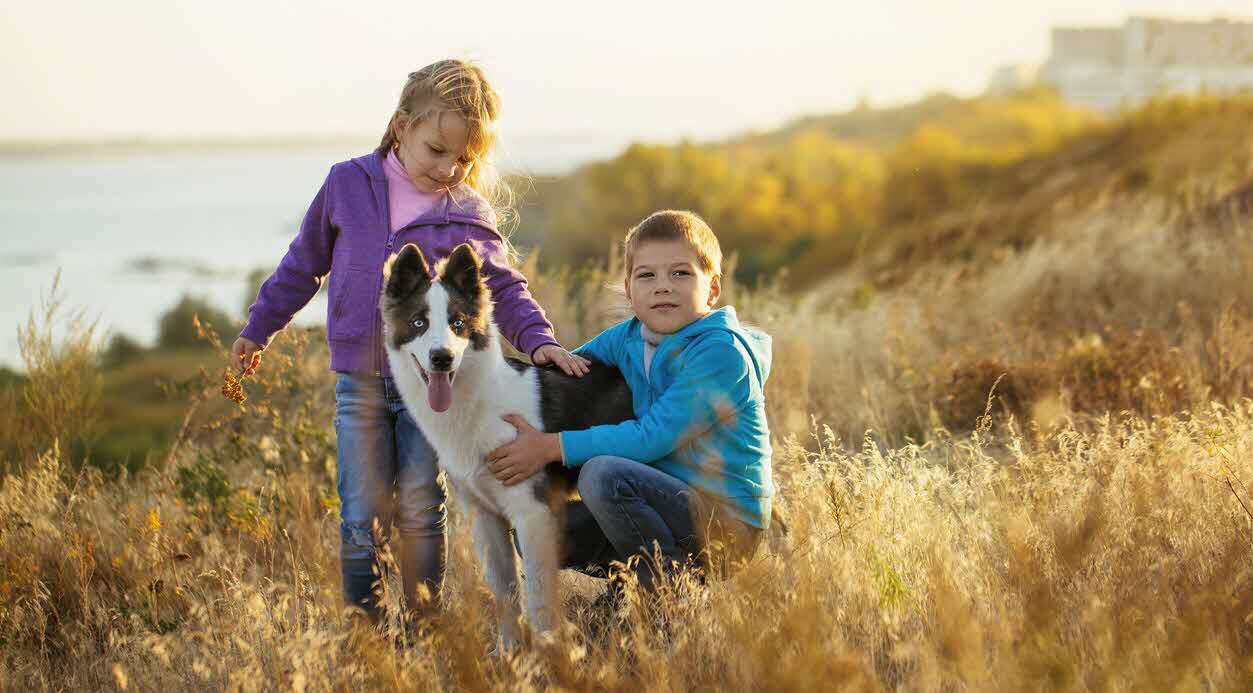Immunocompromised individuals and safe pet ownership

While the companionship of a pet has been clearly shown to have multiple mental and physical health benefits, if you have a compromised immune system, there are some risks to be aware of. People with immunodeficiency can still keep and enjoy pets, however, it’s advisable to take certain precautions to minimise the risk of zoonotic (animal-transmitted) diseases.
Know your condition
If you suffer from a condition which could compromise your immune system, your treating doctor will advise you of this. Conditions affecting the immune system include:
- Genetic immunodeficiency
- Transplant patients
- Patients on immunosuppressive drugs e.g. chemotherapy, steroids
- Cancer patients
- Patients with illnesses such as diabetes
- People who have had their spleen removed
- Pregnant women, or the very old or very young
These conditions can weaken your immune response to infectious agents, meaning you may be more susceptible to some diseases.
What diseases can pass from animals to people?
Common zoonotic diseases include:
- Toxoplasma gondii
- Campylobacter jejuni
- Salmonella spp
- Cryptosporidium spp
- Giardia
- Bordetella bronchiseptica
It is important to note that animals are not the only source of many of these pathogens – for instance, toxoplasmosis is more commonly contracted via contaminated food or soil than directly from animals.
Carefully consider the type of pet you will own
Pets with a higher risk of transmitting disease include:
- Animals under six-months-old (who are more likely to bite or scratch, and more likely to eat silly things!)
- Farm animals
- Reptiles, amphibians, rodents or “exotic pets”
Therefore, a mature, calm dog or cat may be the safest choice.
Advise your veterinarian
If your vet is aware of your medical condition, they can advise you on the best veterinary health care routines to protect you and your pet. This includes practices such as:
- Regular routines of internal and external parasite control
- Prompt diagnosis and treatment of any signs of unwellness in your pet
- Ensuring your pet is always kept clean, with trimmed nails
Your vet can also advise you about any pet medications that may pose a risk to you.
Take hygiene precautions
Minimise the risk of transmission of any infectious agents between your pet and you by:
- Washing your hands after handling your pet, and prior to eating
- Not allowing your pet to sleep in your bed
- Not allowing your pet to lick your face, or any wounds you may have
- Not feeding your pet a raw food diet, including dried meat treats
- Ideally delegating thorough weekly pet litter/bedding/cage cleaning (and daily scooping of messes) duties to someone else - otherwise, perform these tasks wearing gloves and a surgical mask, and wash your hands afterwards
- Keep cats indoors and keep dogs on-lead whilst on walks, to reduce the risk of them eating food scraps or contracting infectious diseases
- If ever your pet does bite or scratch you, wash the wound immediately with a safe antibacterial wash and contact your treating health professional ASAP.
Pets make great companions, so with these tips we hope you and your pet will be as happy and healthy as possible.
